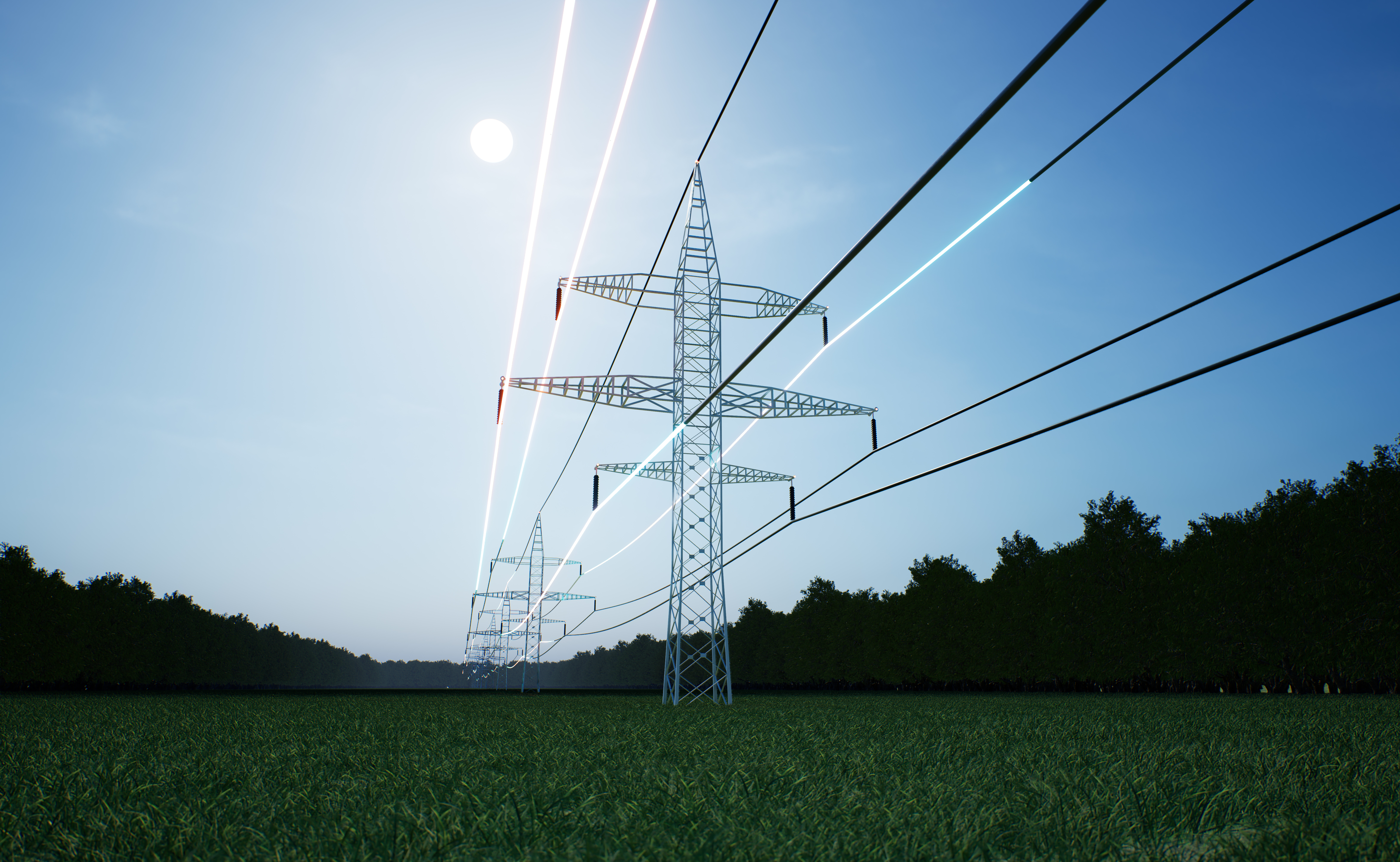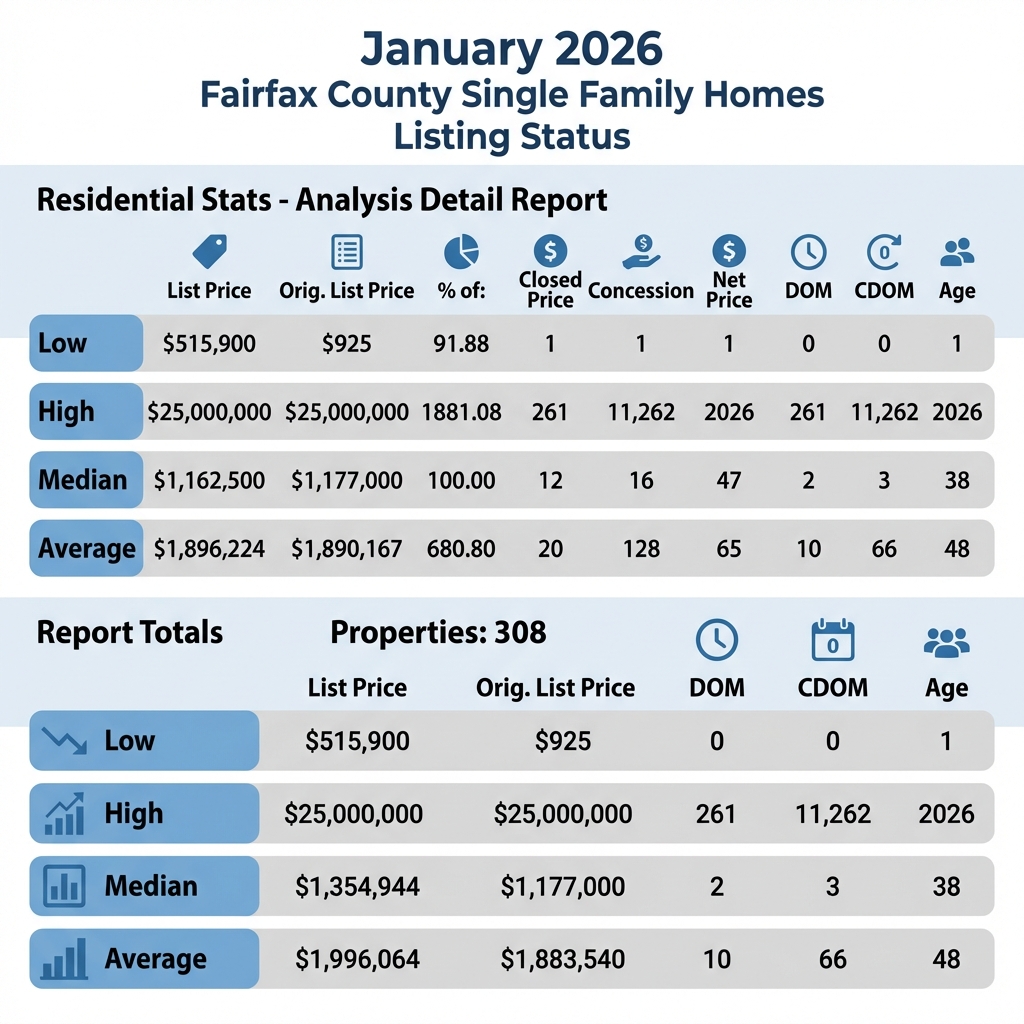[Is It Okay to Buy a House Near High-Voltage Transmission Towers?]
When you’re searching for a new home, location is everything. Most buyers focus on schools, commute times, and neighborhood amenities—but one thing that often raises eyebrows is the sight of high-voltage transmission towers near a property. I often get asked, “Is it okay to buy a house close to those?”
It’s a great question, and like most real estate decisions, the answer isn’t simply yes or no. Let’s break it down.
[The First Impression: Curb Appeal and Resale Value]
For many buyers, tall metal towers can feel unattractive. Even if you personally don’t mind the view, future buyers might. That means resale value could be affected. Homes near transmission towers sometimes stay on the market longer, and depending on the local demand, sellers may need to price them more competitively.
Practical Example:
Imagine two identical homes in the same neighborhood. One has a clear view of the park, while the other overlooks a tower. All else being equal, buyers tend to lean toward the park view—even if it costs a little more.
[Health Concerns and Public Perception]
Another common worry is whether living near transmission towers poses health risks. Research on electromagnetic fields (EMFs) has been ongoing for decades, but the results remain mixed. Major health organizations like the World Health Organization (WHO) have not confirmed a direct link between EMFs from power lines and serious health issues.
That said, perception matters in real estate. Even if science hasn’t proven clear risks, some buyers will still hesitate. That hesitancy can impact demand and therefore affect property value.
[Noise and Lifestyle Factors]
Transmission towers don’t just stand tall—they also hum. On damp or rainy days, you might hear a faint buzzing or crackling sound. For some people, it’s barely noticeable; for others, it can be distracting.
If you’re considering buying near one, visit the property during different times of day and in different weather conditions. This will give you a realistic sense of whether the noise bothers you.
[Safety and Property Use]
Most power companies maintain easements around transmission lines, meaning certain uses of the land (like planting tall trees or building structures) are restricted. If you’re dreaming of adding a pool, tennis court, or even tall landscaping, you’ll want to check zoning and utility easement rules first.
[Weighing Price vs. Trade-Offs]
The upside of homes near transmission towers is often the price. You might be able to buy more square footage, a larger lot, or even a newer home for the same budget compared to houses farther away.
If budget is a big factor, and you don’t mind the view or potential noise, this could be an opportunity. Just be mindful that when you sell, you may need to offer the same price advantage to the next buyer.
So, is it okay to buy a house near transmission towers? The short answer: It depends on your priorities.
- If resale value and mass buyer appeal are top concerns, you might want to keep looking.
- If you’re looking for affordability and don’t mind potential drawbacks, it can be a smart way to get more home for your money.
My advice? Always do your homework: research easements, visit the property at different times, and talk openly with your agent about resale implications. At the end of the day, the right home is one that balances your lifestyle, budget, and peace of mind.
When you’re searching for a new home, location is everything. Most buyers focus on schools, commute times, and neighborhood amenities—but one thing that often raises eyebrows is the sight of high-voltage transmission towers near a property. I often get asked, “Is it okay to buy a house close to those?”
It’s a great question, and like most real estate decisions, the answer isn’t simply yes or no. Let’s break it down.
[The First Impression: Curb Appeal and Resale Value]
For many buyers, tall metal towers can feel unattractive. Even if you personally don’t mind the view, future buyers might. That means resale value could be affected. Homes near transmission towers sometimes stay on the market longer, and depending on the local demand, sellers may need to price them more competitively.
Practical Example:
Imagine two identical homes in the same neighborhood. One has a clear view of the park, while the other overlooks a tower. All else being equal, buyers tend to lean toward the park view—even if it costs a little more.
[Health Concerns and Public Perception]
Another common worry is whether living near transmission towers poses health risks. Research on electromagnetic fields (EMFs) has been ongoing for decades, but the results remain mixed. Major health organizations like the World Health Organization (WHO) have not confirmed a direct link between EMFs from power lines and serious health issues.
That said, perception matters in real estate. Even if science hasn’t proven clear risks, some buyers will still hesitate. That hesitancy can impact demand and therefore affect property value.
[Noise and Lifestyle Factors]
Transmission towers don’t just stand tall—they also hum. On damp or rainy days, you might hear a faint buzzing or crackling sound. For some people, it’s barely noticeable; for others, it can be distracting.
If you’re considering buying near one, visit the property during different times of day and in different weather conditions. This will give you a realistic sense of whether the noise bothers you.
[Safety and Property Use]
Most power companies maintain easements around transmission lines, meaning certain uses of the land (like planting tall trees or building structures) are restricted. If you’re dreaming of adding a pool, tennis court, or even tall landscaping, you’ll want to check zoning and utility easement rules first.
[Weighing Price vs. Trade-Offs]
The upside of homes near transmission towers is often the price. You might be able to buy more square footage, a larger lot, or even a newer home for the same budget compared to houses farther away.
If budget is a big factor, and you don’t mind the view or potential noise, this could be an opportunity. Just be mindful that when you sell, you may need to offer the same price advantage to the next buyer.
So, is it okay to buy a house near transmission towers? The short answer: It depends on your priorities.
- If resale value and mass buyer appeal are top concerns, you might want to keep looking.
- If you’re looking for affordability and don’t mind potential drawbacks, it can be a smart way to get more home for your money.
My advice? Always do your homework: research easements, visit the property at different times, and talk openly with your agent about resale implications. At the end of the day, the right home is one that balances your lifestyle, budget, and peace of mind.
"[Is It Okay to Buy a House Near High-Voltage Transmission Towers?] When you’re searching for a new home, location i..."


.jpeg)

.jpg)